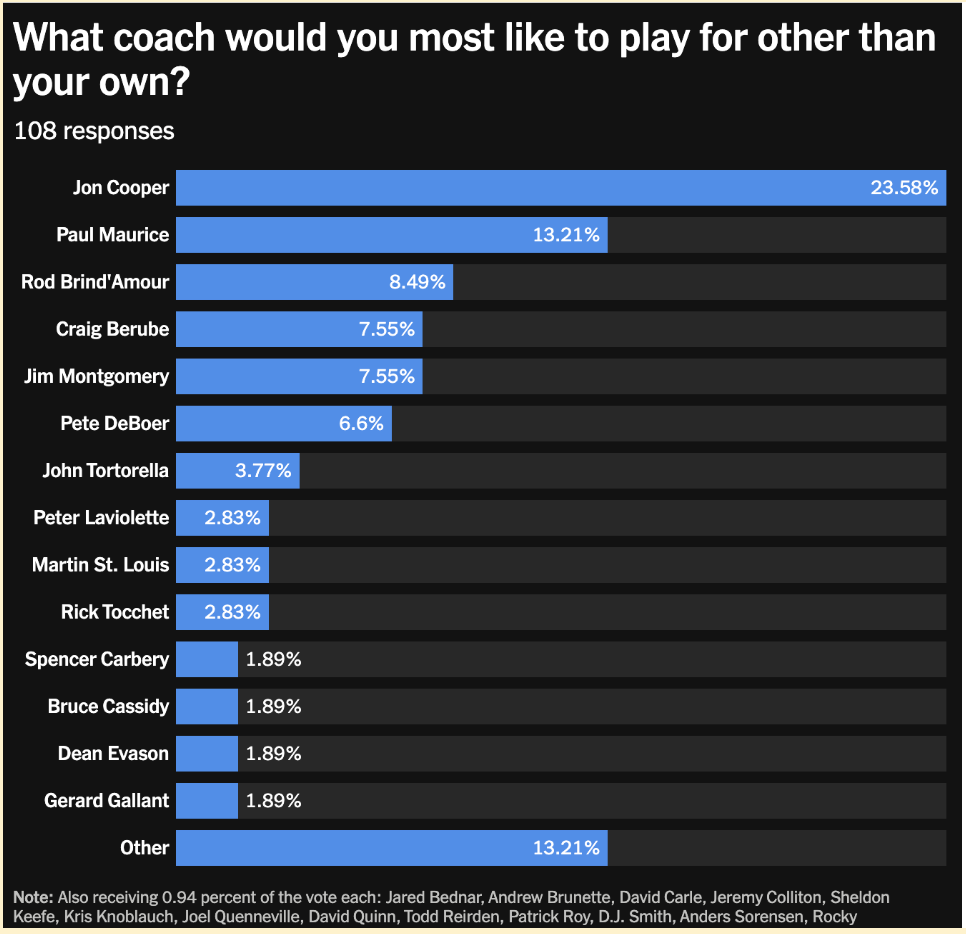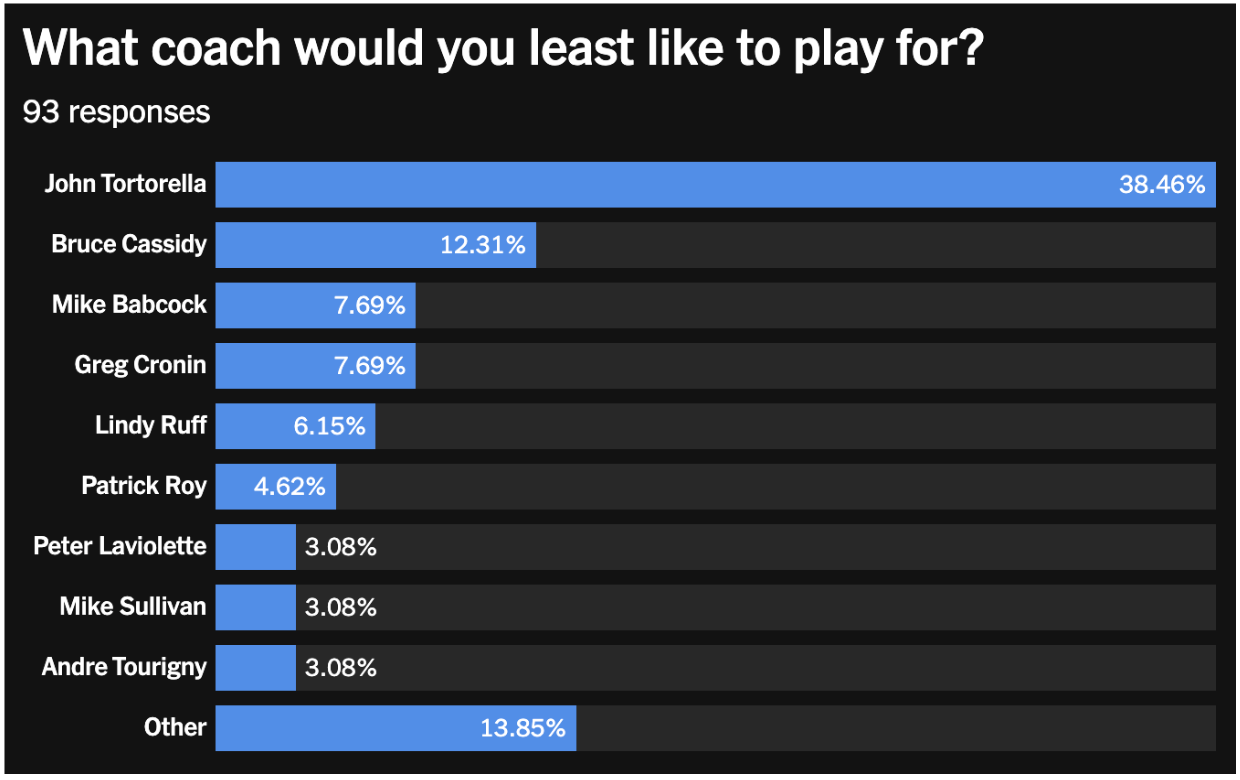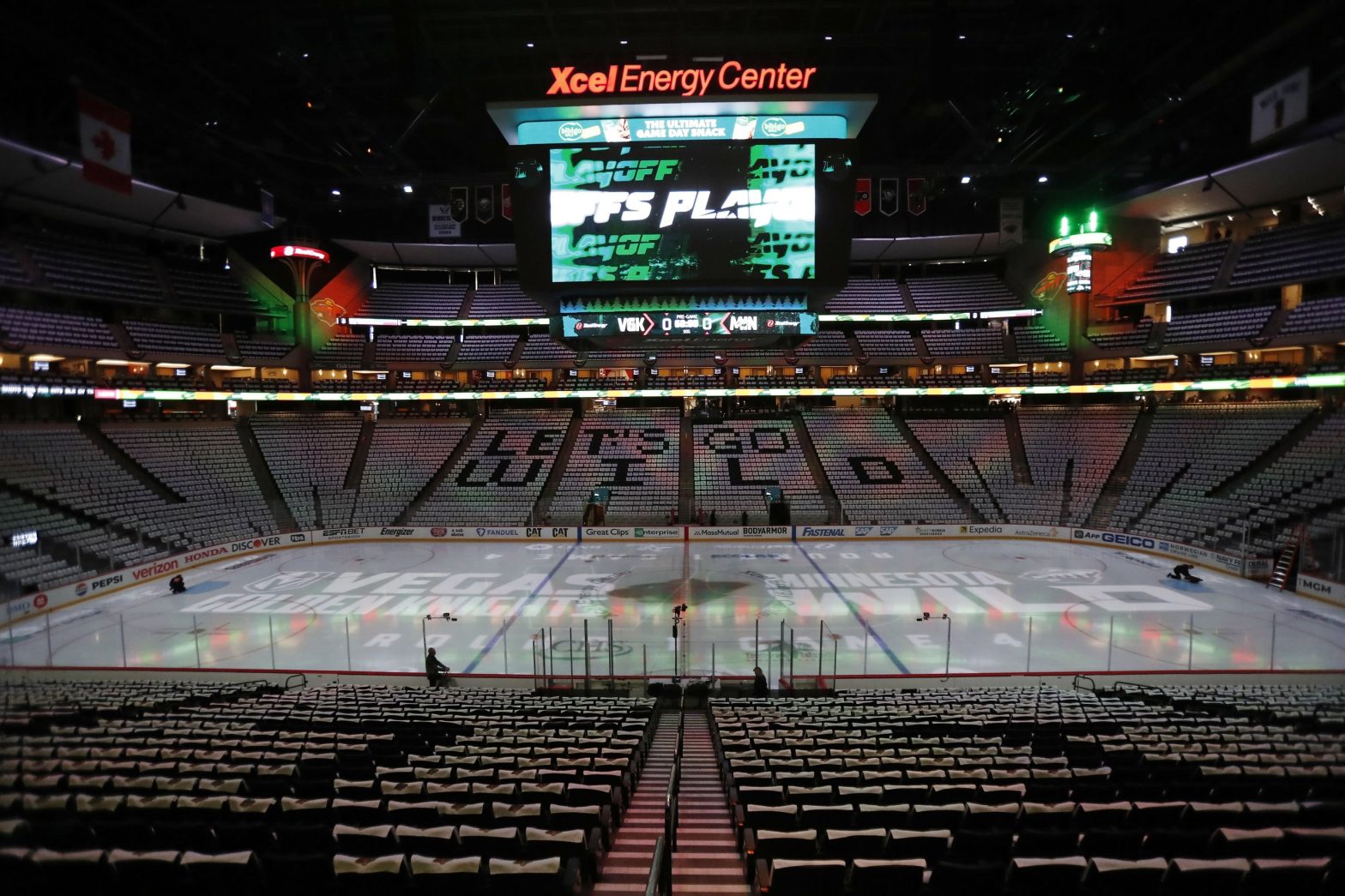Taxes have been a hot topic in the NHL, especially since Paul Bissonnette claimed that the Florida Panthers have an unfair advantage. He argued that the Panthers could make better use of their cap because Florida doesn’t have a state income tax.
Many have disagreed with the claim, including NHL commissioner Gary Bettman, who called it a “ridiculous issue.” The reality is that the tax situation is complicated, and players weigh a variety of factors when signing contracts.
19 US states, 1 US District, and 5 Canadian provinces have NHL teams. Every team must abide by federal, state, and city tax laws wherever it competes, not just in its home city. Taxes levied on out-of-state residents who earned in that state are colloquially referred to as the “Jock Tax.”
While this tax applies to every visitor who earns money in that state, it primarily affects professional athletes, whose public salaries and schedules make them easy targets for collecting the additional taxes. Every state has some version of this except for Florida, Washington, Washington DC, Tennessee, and Texas.
Every team plays 41 home games and 41 away games. They play 26 games against teams in their division, 24 against teams in the other division within their conference, and 32 out of conference. So, for any player, the 41 away games are taxed based on the country, state, and potentially city tax of the area they are playing in, not their own team’s region. The away taxes are based on practice, travel time, and games.
Residency also plays a factor. For example, New York City and Philadelphia have city taxes, but NYC’s city tax only applies to residents, while Philadelphia’s applies to anyone who works there.
When people work in one state or country and live in another, both can claim taxes. While there are laws that prevent double taxation, the person pays the higher of the two. Players who own multiple homes and skate for a team in a high-tax area may try to leverage this to avoid taxes. However, claiming residency is more complicated than simply owning property and is difficult if a player spends all their time in a different state.
Other considerations include fines, suspensions without pay, sponsorships, and any bonuses the player earns, which are also taxed. A team’s success, location, and a player’s success on that team can all affect how much the player can make from sponsorships.
Despite all the complications, the end result for the base paycheck is as expected.
The Panthers players are keeping far more of their paycheck than other teams.
For instance, Zach Bogosian will earn $1,250,000 in the 2025-26 playoffs as a base salary. He’ll pay $538,395 in taxes, while he would only pay $420,867 in Florida. Kirill Kaprizov will make $9,000,000 next season and pay $4,169,270 in taxes. That is $881,083 more than he would pay in Florida.
However, Bogosian would lose $560,728 to taxes in Edmonton, and Kaprizov would owe $4,280,728. Still, even with their tax situation, the Edmonton Oilers have made it to the Stanley Cup Finals in back-to-back seasons.
What can we take away from this besides gratitude that we don’t have to file for Ryan Hartman this year?
Players consider more than tax brackets when choosing a team.
Location and cost of living also play a significant role. The Panthers play in Sunrise, Fla., but likely live in Fort Lauderdale, the closest major city. Rent in Minneapolis is 34.1% lower than in Fort Lauderdale, and the general cost of living is 11.7% lower in Minneapolis. Edmonton’s rent is 51.3% lower than Fort Lauderdale’s. Overall cost of living is 9.3% lower in Edmonton than in Fort Lauderdale. The Oilers and the Wild players may earn less after taxes, but their dollar goes much farther.
Naturally, players find some cities more desirable to live in than others. Nearly 50% of NHL players polled said they would put the Winnipeg Jets on their no-trade list. As one anonymous player put it: “nothing to do, bad food, freezing.”
Despite playing in a spot where it’s hard to recruit free agents, the Jets ranked No. 1 at the end of the 2024-25 season. Florida has great weather and plenty to do, but players don’t have a consensus on the “best location,” or at least where they are willing to play.
Edmonton is also a cold city, but that doesn’t deter some of the NHL’s best players. Notably, only 40.7% of NHL players are Canadian, yet 20 of the Oilers’ 32 rostered players are Canadian. One is Russian, and the other two are from states that also experience heavy winters. Not every player enjoys a hot, muggy summer.
What about teams with a high cost of living and high taxes? The Bay Area is beautiful, but a San Jose Sharks player would pay out $4,457,176 on a $9,000,000 salary, and the cost of living in Fort Lauderdale is 20.2% lower than in San Jose. The Sharks had 90 or more points in all but two seasons from 2000-01 to 2018-19, but only reached the Stanley Cup Final once and never won it. They’ve also finished last in the NHL the past two years.
The cost of living in Dallas is only 1% higher than Fort Lauderdale, and the team taxes are the same. The Dallas Stars have had 100-plus points in their past three seasons, but they’re not as talented as the Oilers or the Panthers. As someone who has lived in Dallas and been to Fort Lauderdale, I can confidently say Florida is more inviting to young people, but that’s not the only reason the Panthers have built a contending team.
NHL players also care about roster construction and how close they are to winning a championship. Panthers head coach Paul Maurice ranked second in a poll from February 2025 of who NHL players would like to play for, which is no surprise after Florida’s 2024 Stanley Cup win.

In the same poll, John Tortorella ranked 7th, but was also ranked 1st on the list of coaches players said they did not want to play for.

Like location, player opinion varies greatly.
Contracts are not black and white. There’s always room for negotiation and many factors at play. A smart general manager can also significantly influence final rosters, and players rarely leave winning situations.
Teams in low-tax areas can leverage that as an advantage because the same cap space technically pays out more. However, the NHL can’t simply factor taxes into the cap space and make it fair for every team. We have to factor in the difference in cost of living because it can hugely offset the higher pay a player receives. Location, coaching, and negotiations all also play a considerable role.
https://hockeywilderness.com/news-rumors/minnesota-wild/how-much-are-the-wild-affected-by-the-tundra-tax-r30764/
